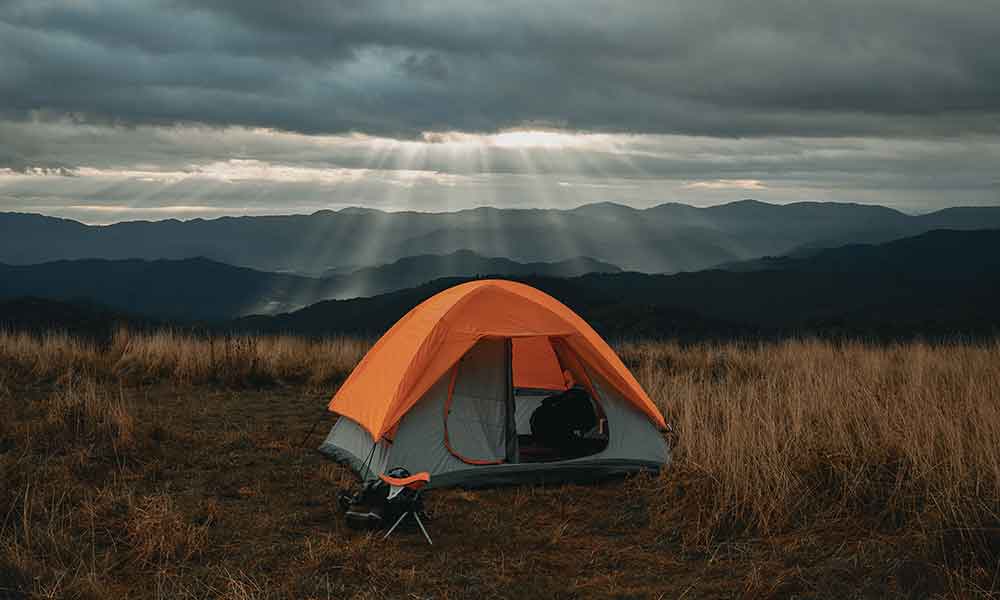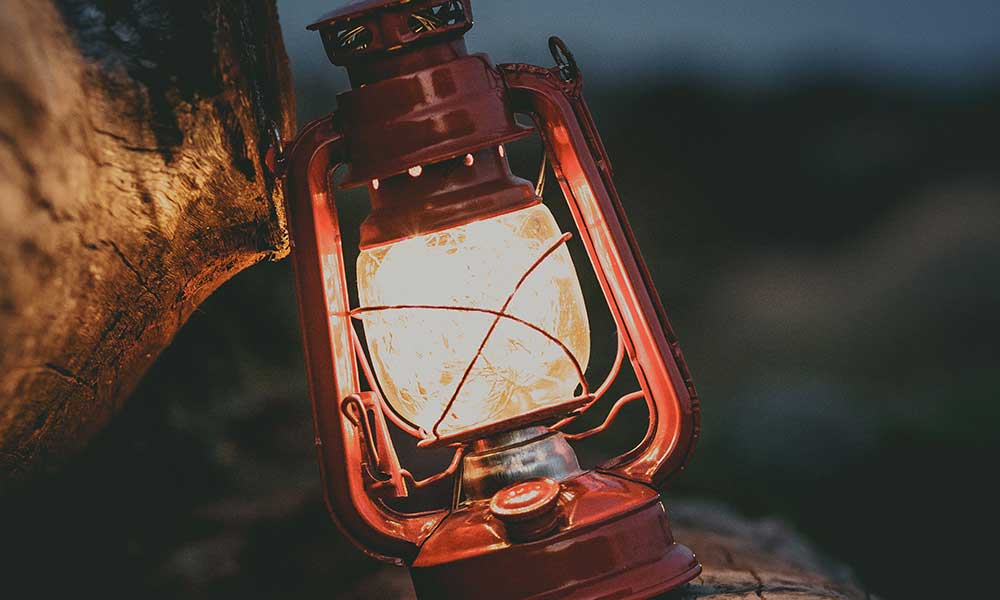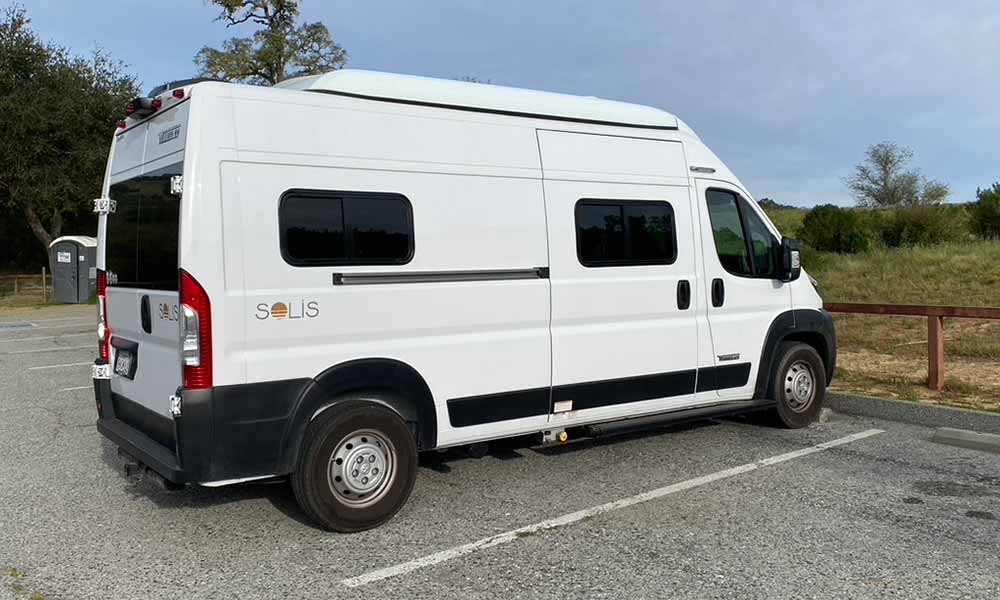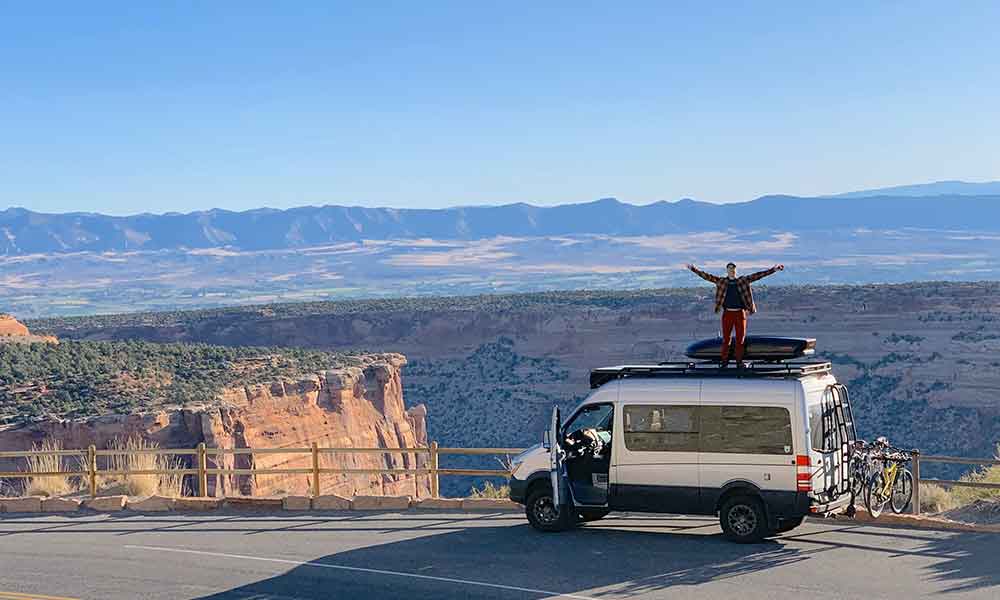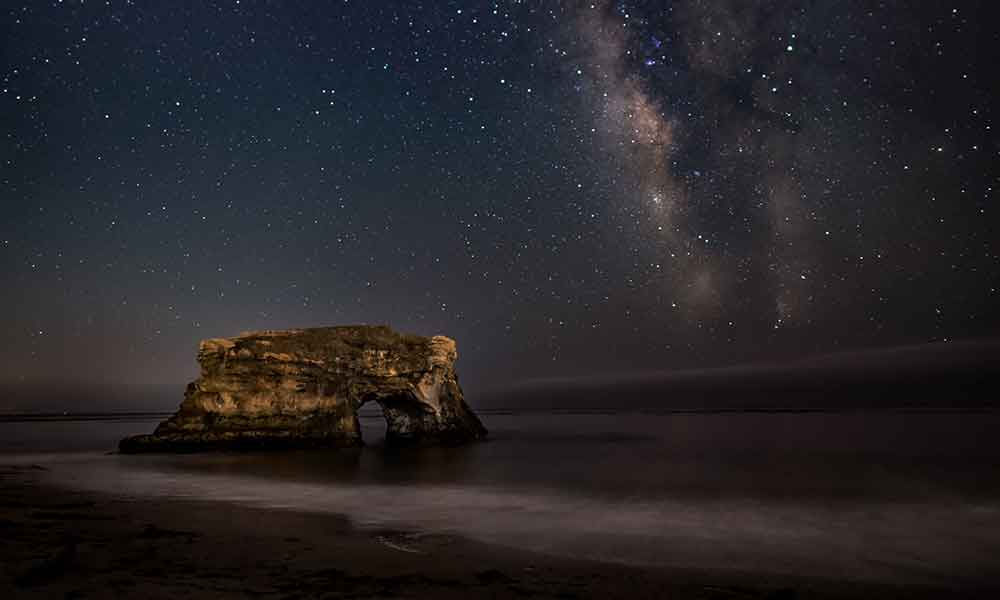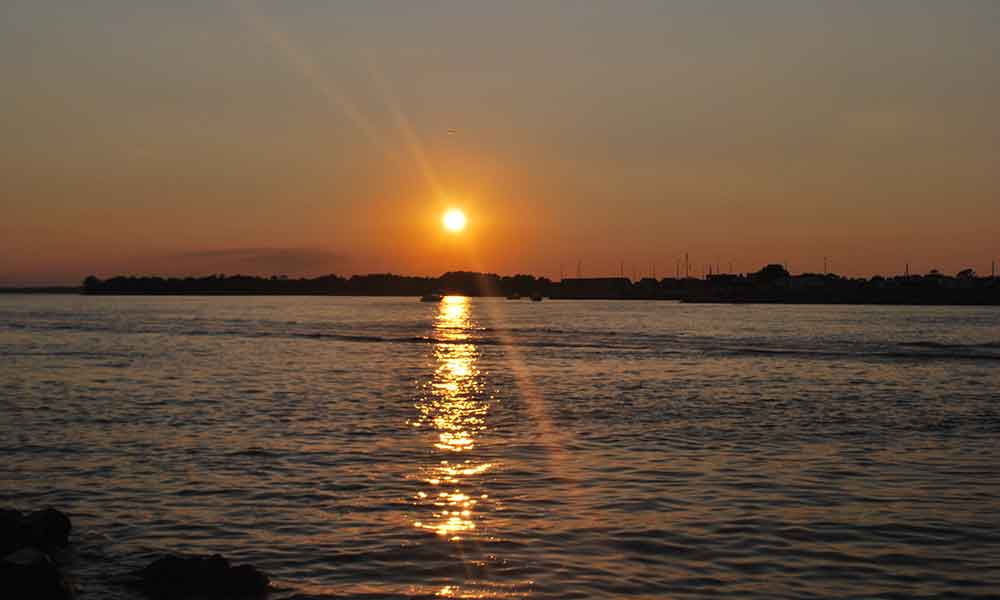Camping is a fantastic way to relax and reconnect with nature. There are various ways of camping, from traditional tent camping to van camping, to glamping or staying in a lodge. However, if the crowds and amenities don’t appeal to you, you might want to consider primitive camping. As the name suggests, there are few, if any, amenities when primitive camping. So what does primitive camping mean, you might ask?
Primitive camping is the oldest way of camping. Nowadays, it refers to camping in a secluded place without showers, electricity, or in some cases, running water. When primitive camping, you will have to bring everything you need and will indeed be able to enjoy nature in its untouched form.
Although a lack of toilets and showers may scare some people, others embrace the challenge and disconnection from modern life. So why would people want to go primitive camping? We will discuss the advantages of primitive camping in this article. We will also talk about things you must consider before camping and what you must bring when going primitive camping.
What Is The Meaning Of Primitive Camping?
Camping is meant to be a way to disconnect from our everyday, busy lives and to explore and enjoy nature. However, many campsites turn into small cities during the holidays, and you will hear generators, aircons, and media systems running when you visit one of these campsites. Although this is sufficient for some, others prefer a more authentic camping experience.
They wish to be where there is no electricity, Wi-Fi, or noisy neighbors. The ultimate way to do this is to head to a remote location and enjoy rugged, primitive camping. When primitive camping, you will not have access to electricity. You will not have Wi-Fi or an internet connection, and, in some cases, you might barely have any cell phone reception.
There are no showers, flushing toilets, or in many cases, running water. You must bring everything to the campsite that you wish to use. Although primitive camping requires a lot more preparation, camping skills, and grit, it is the purest form of camping. It successfully brings one closer to nature and helps one realize that we don’t need all the modern luxuries we’ve become accustomed to.
Therefore, primitive camping is undoubtedly worth trying if you haven’t done it before. However, there are certain things you must prepare for when primitive camping, as you will need to bring all the necessary supplies.
What To Consider When Primitive Camping
Although primitive camping involves heading into a secluded location and pitching a tent, you are not free to do so in any place. For example, you cannot camp on private property or protected areas. Therefore, you must camp in a designated camping area, such as a state park or reserve. However, fear not, as there are many parks in the USA that offer primitive camping locations.
When selecting a site to go camping, you must consider the following questions to sufficiently prepare for the primitive camping experience.
1. Must I Hike To The Camping Site When Primitive Camping?
You might need to leave your car and hike to your camping site, depending on your location. This is the first question you will ask as it will help determine what you can bring along. For example, if you have a rooftop tent, you must also drive to the camping site. However, suppose you cannot reach the camping site with a vehicle. In that case, you will have additional restrictions on what you can bring.
Consider your vehicle when looking at potential campsites for primitive camping. In many cases, a 4X4 is the best option. It has better capabilities for handling off-road terrains than other vehicles. As you may be far from help in an emergency, you’ll want a vehicle that can maneuver in any terrain.
2. Is There A Water Source Where I Am Primitive Camping?
This is another crucial question you must ask when selecting a location for primitive camping. Some campsites might have a stream, creek, or waterfall that you can use to get water. However, other areas may have no water source. In this case, you must bring all the water you will need.
Remember to include water for washing, brushing teeth, cooking, and drinking. Suppose there is a water source nearby that you can use. In that case, you must still purify the water using a pump, filter, or purification tablets. Never drink water directly from an unknown source. Regardless of how clean the water appears, there can still be harmful bacteria that need to be filtered out.
3. Do I Need A Permit For Primitive Camping?
While reservations aren’t required when primitive camping, you might still need to have a camping permit depending on which park you will be camping in. You can find this information on the park website. You will also need a license to start a campfire in some cases. This is common in areas that are prone to wildfires.
4. Am I Allowed To Make A Fire When Primitive Camping?
Some campsites don’t allow open fires. If this is the case in the park you are going primitive camping, you must bring an alternative form for cooking food, such as a gas stove. If the use of open fires for cooking food is allowed, be sure to bring your own fire drum and firewood. You must have some fire-making skills as well.
Always be responsible when making a fire, as it can easily get out of control and cause severe damage to the surrounding area, and even loss of life. Consider the wind direction when building a fire to prevent coals from blowing to your tent. Tent materials are easily flammable, and even a small coal can cause a tent to burn down.
Finally, you can start packing for your primitive camping trip once all your preparations are done.
What To Pack When Primitive Camping
We have already touched on a few things that you will need when primitive camping. However, to make things easier, here is a list of all the things you will need when going primitive camping:
- Tent, sleeping bag, and sleeping pad. If you wish to sleep more comfortably and have the space, also bring a pillow.
- Fire drum and wood. When open fires aren’t allowed, you can bring a gas stove.
- Supplies to purify water, such as a pump, filter, or purification tablets. If there isn’t any usable water, you will have to bring your own water.
- A method to discard human waste. If you take a portable toilet, be sure to keep it sanitized. If you are not bringing any supplies, take a shovel to dig a hole. Bring a bag to dispose of toilet paper.
- Food. Of course, you must bring food. Many primitive campers get dehydrated food as it’s the lightest and most convenient. However, you can bring whatever you like.
- Headlight, bug repellant, sunscreen, and a good first-aid kit.
- Entertainment. Although you are primitive camping to reconnect with nature, you can still bring a nice book to read or a puzzle.
- Warm clothes. Regardless of the weather, it is always best to bring a warm jacket if the temperatures drop at night. Pack accordingly for the environment you are camping in.
Conclusion
Primitive camping is a way to reconnect with nature by disconnecting from all the modern luxuries, such as cell phones, the internet, and crowds. Primitive camping is when you go camping in a remote area with no internet, bathrooms, or electricity. There are various spots for primitive camping. Be sure to research the site you are going to in order to prepare everything you will need.

